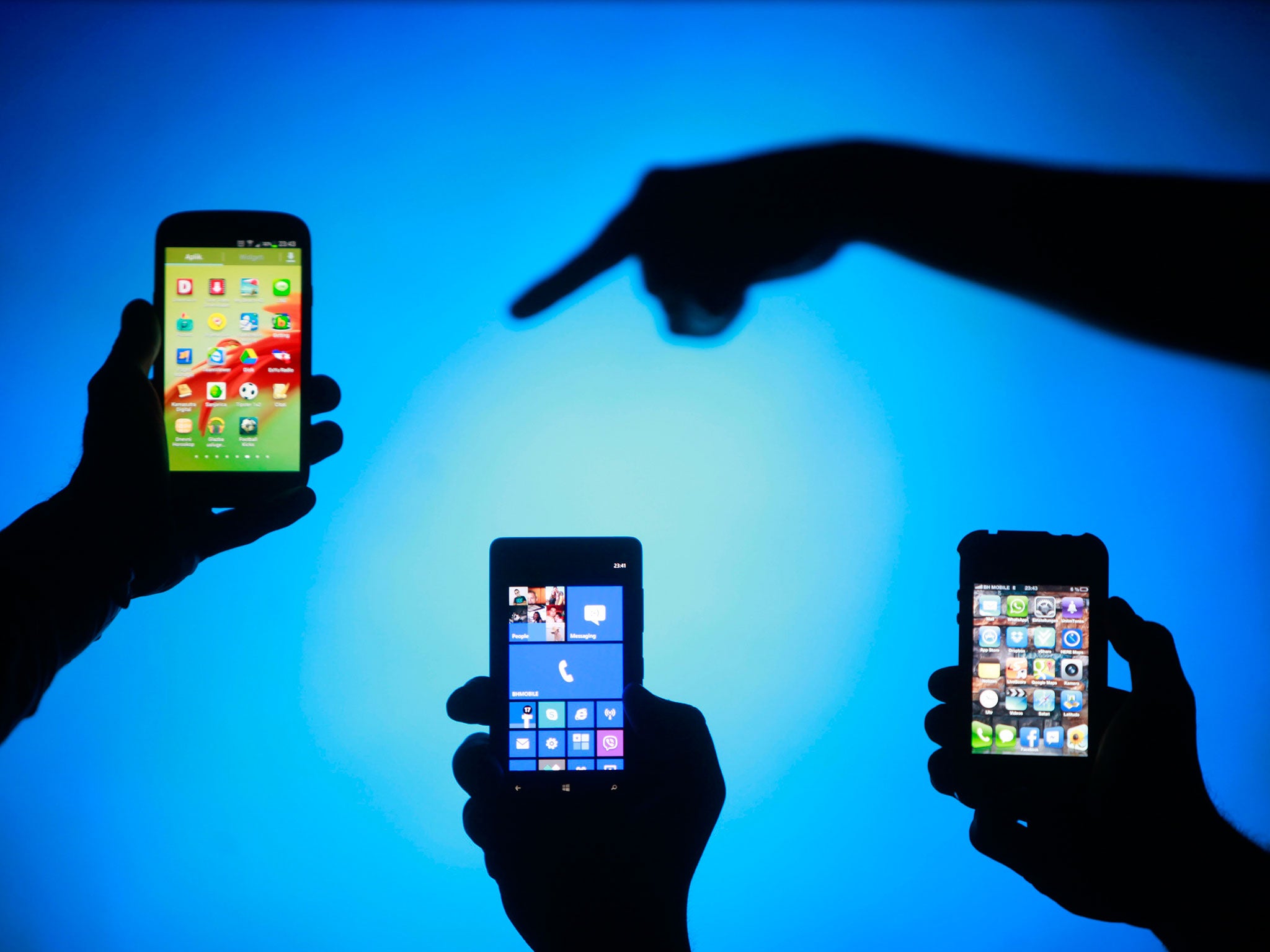Apple wants to track iPhones – even when they’re turned off
But new patent likely outlines a security feature, rather than a privacy problem

Your support helps us to tell the story
From reproductive rights to climate change to Big Tech, The Independent is on the ground when the story is developing. Whether it's investigating the financials of Elon Musk's pro-Trump PAC or producing our latest documentary, 'The A Word', which shines a light on the American women fighting for reproductive rights, we know how important it is to parse out the facts from the messaging.
At such a critical moment in US history, we need reporters on the ground. Your donation allows us to keep sending journalists to speak to both sides of the story.
The Independent is trusted by Americans across the entire political spectrum. And unlike many other quality news outlets, we choose not to lock Americans out of our reporting and analysis with paywalls. We believe quality journalism should be available to everyone, paid for by those who can afford it.
Your support makes all the difference.Apple could soon be able to track phones even when they’re turned off.
The plan, for which Apple was awarded a patent at the end of January, would allow phones to go into a kind of zombie mode – apparently shut off, but actually tracking the phone’s movements.
But while the feature might sound like a way of Apple and other governments tracking your location, it will likely make the phones more secure.
Apple’s Find My iPhone service allows users to track phones if they’re lost or stolen, allowing them to be traced and found. But at the moment, thieves can simply turn the phones off, stopping the tracking feature.
Tracking features and other innovations such as kill switches have cut smartphone theft in half, and also allow phones to be recovered if they are stolen.
The patent shows plans to ask users to enter their security code when powering down the phone. If it isn’t entered correctly, the phone will go into a mode where it looks to have been turned off but is still running location services and connecting to the internet or sending information through text messages.
The phone could also conserve battery by turning back on at regular intervals, transmitting its location before shutting itself down again.
It also lays out other ways of keeping the camera secure. In the shut down state, users could activate the camera, it says – either to scan a QR code to unlock it, or to take photos of the person that has stolen it.
The patent was filed in April 2014 and granted on January 29.
Apple files many patents at all times of the year, many of which don’t come to fruition for some time or are never integrated into phones at all. But the plans often indicate what Apple is working on in its upcoming phones – and extra security feature have been rolled out with most recent major updates.
Join our commenting forum
Join thought-provoking conversations, follow other Independent readers and see their replies
Comments